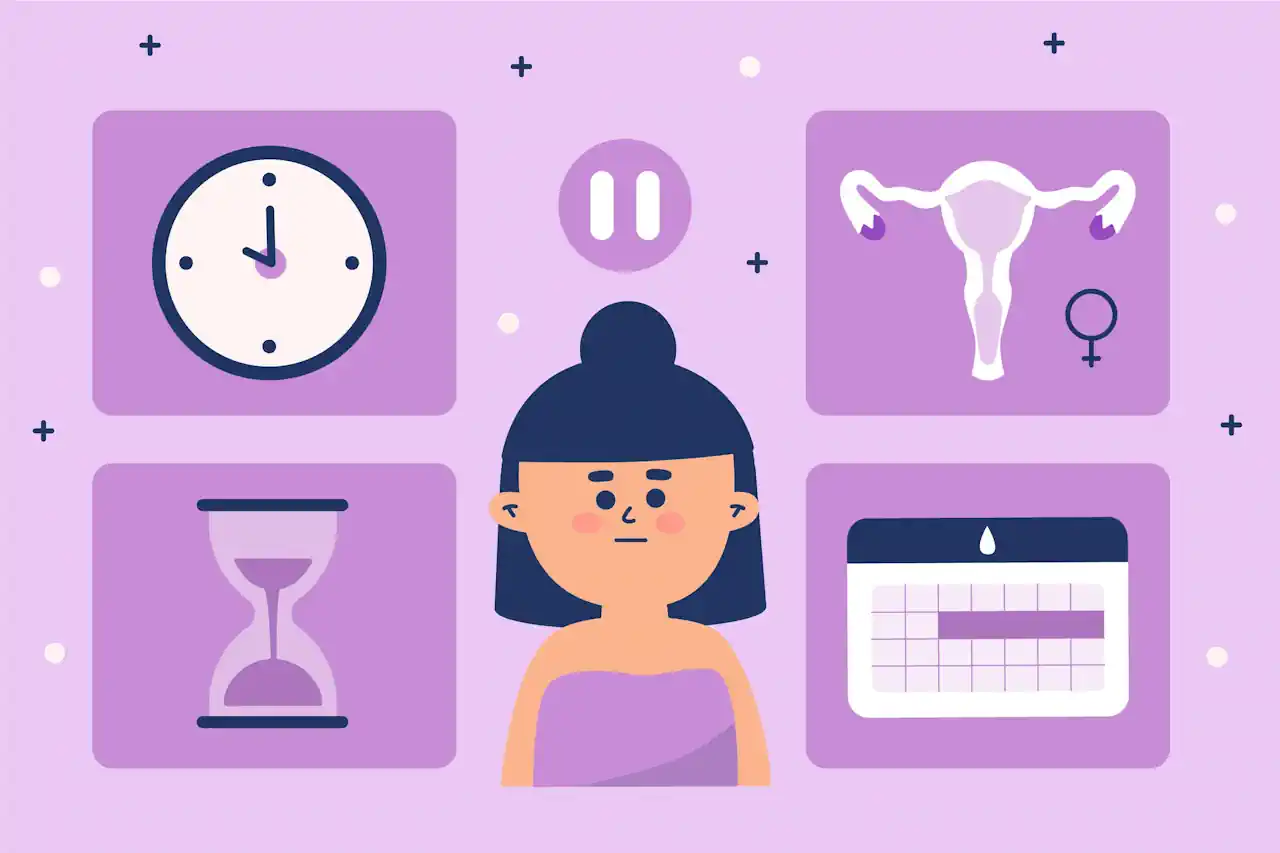Hormones play a pivotal role in regulating various bodily functions, from mood and metabolism to growth and reproduction. Throughout life, both men and women experience hormonal changes that can lead to a range of symptoms. Understanding these symptoms and their underlying causes can empower individuals to manage their health and well-being effectively.
The Dynamics of Hormonal Changes
Hormonal changes are a natural part of life and occur due to various factors such as puberty, menstruation, pregnancy, menopause, and even stress. These changes are orchestrated by the endocrine system, a complex network of glands that release hormones into the bloodstream. Hormones act as messengers, traveling to target organs and tissues to regulate their functions.
Common Symptoms of Hormonal Changes
1. Mood Swings and Emotional Instability:
Hormones play a significant role in influencing neurotransmitters in the brain that regulate mood and emotions. Fluctuations in hormones, particularly estrogen and progesterone in women, can lead to mood swings, irritability, and heightened emotional sensitivity. This phenomenon is often experienced during menstruation, pregnancy, and menopause. Similarly, men can also experience mood fluctuations due to changes in testosterone levels. These emotional changes can impact daily life and relationships.
2. Menstrual Irregularities and Reproductive Symptoms:
For women, hormonal changes are particularly pronounced during the menstrual cycle. Fluctuations in estrogen and progesterone levels can lead to a variety of symptoms:
- Menstrual Irregularities: Hormonal imbalances can result in irregular periods, heavier or lighter flows, and changes in cycle length.
- Premenstrual Syndrome (PMS): Symptoms such as breast tenderness, bloating, mood swings, and food cravings can occur in the days leading up to menstruation.
- Menstrual Migraines: Some women experience migraines triggered by hormonal changes, often around menstruation.
3. Skin Issues and Acne:
Hormonal changes can have a direct impact on the skin. Fluctuations in androgens (male hormones) can lead to increased oil production, which can contribute to the development of acne. This is commonly seen during puberty, when androgen levels surge. Additionally, adult women may experience hormonal acne during their menstrual cycle due to the fluctuation of sex hormones.
4. Sleep Disturbances:
Hormonal changes can disrupt sleep patterns. For instance, menopausal women often experience hot flashes and night sweats that can lead to sleep disturbances. These symptoms are attributed to declining estrogen levels. Similarly, imbalances in the sleep-regulating hormone melatonin can affect sleep quality in both men and women.
5. Weight Fluctuations and Metabolic Changes:
Hormonal changes can influence metabolism and appetite regulation. Thyroid hormones, for example, play a crucial role in controlling metabolism. An underactive thyroid (hypothyroidism) can lead to weight gain and difficulty in losing weight. Stress-induced hormonal changes can also lead to weight gain, particularly around the abdominal area, due to the influence of the cortisol hormone.
6. Changes in Libido and Sexual Function:
Hormones significantly influence sexual desire and function in both men and women. Testosterone, often considered a male hormone, is also present in women and plays a role in maintaining a healthy libido. Fluctuations in testosterone levels in men and women can impact sexual desire, leading to changes in libido.
7. Cognitive Effects and Memory Changes:
Hormonal changes can have cognitive effects, such as changes in memory, focus, and concentration. Pregnant women might experience “pregnancy brain,” characterized by forgetfulness and mental fogginess, which is believed to be influenced by hormonal shifts. Similarly, changes in sex hormone levels, particularly estrogen, during menopause can affect cognitive function.
Navigating the intricate landscape of hormonal changes and their associated symptoms requires awareness, self-care, and sometimes medical support. By understanding the body’s hormonal fluctuations, individuals can proactively manage their well-being and lead healthier lives.
Sources:
- Harvard Health Publishing. “Understanding the stress response.” (https://www.health.harvard.edu/staying-healthy/understanding-the-stress-response)
- Mayo Clinic. “Menopause.” (https://www.mayoclinic.org/diseases-conditions/menopause/symptoms-causes/syc-20353397)
- Cleveland Clinic. “Hormones and Mood: What’s the Connection?” (https://health.clevelandclinic.org/hormones-and-mood-whats-the-connection/)
- Hormone Health Network. “Hormones: A Guide for Males.” (https://www.hormone.org/your-health-and-hormones/glands-and-hormones-a-to-z/hormones/testosterone)
- American Thyroid Association. “Thyroid and Weight.” (https://www.thyroid.org/thyroid-and-weight/)
Remember to consult medical professionals for personalized advice and treatment.

